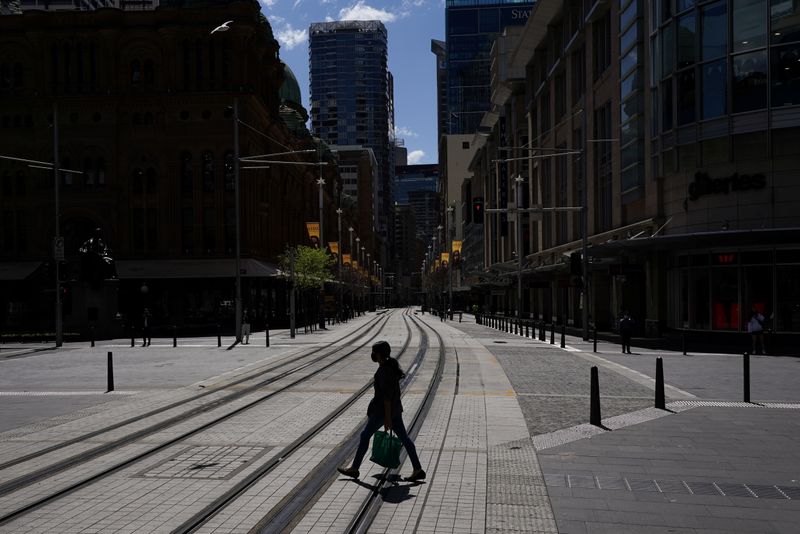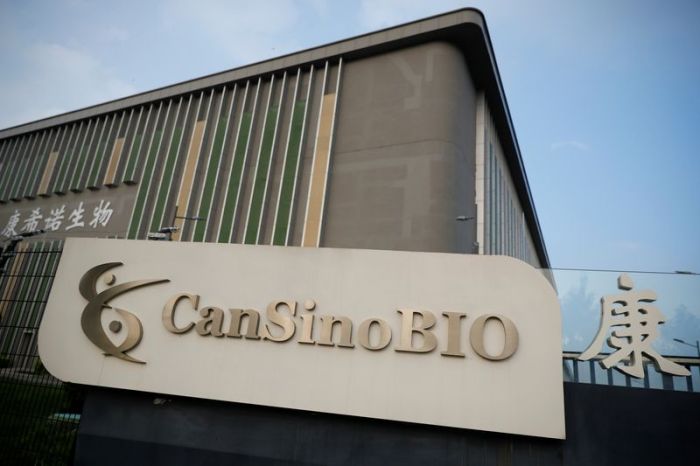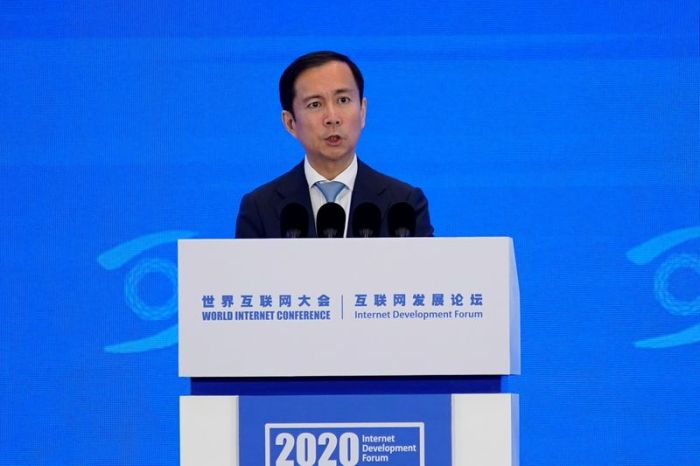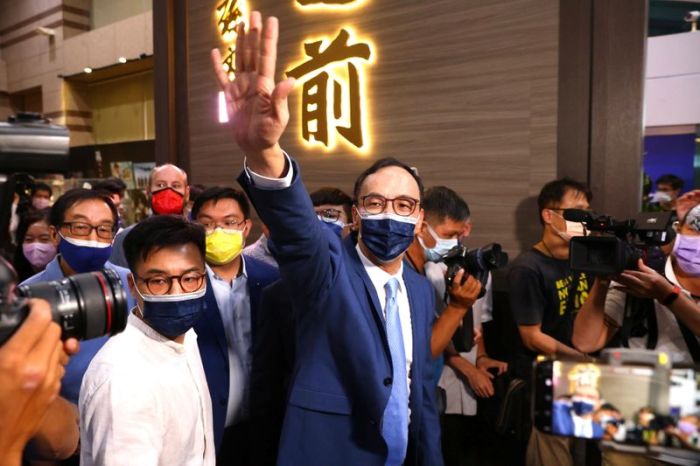SYDNEY (Reuters) -Australian authorities announced plans on Monday to gradually reopen locked-down Sydney, unveiling a two-tiered system that will give citizens inoculated for COVID-19 more freedoms than their unvaccinated neighbours for several weeks.
Movement restrictions across New South Wales, the country’s most populous state and home to Sydney, will be lifted gradually between Oct. 11 and Dec. 1 as vaccination rates push through 70%, 80% and 90%.
However, people who are not fully inoculated will be barred from joining the vaccinated to resume community sports, dining out, shopping and other activities until the final date.
“Unlike most cases in the world, if you are not vaccinated you will have to wait at least four or five weeks … in order to participate in things that the rest of us can participate in,” state Premier Gladys Berejiklian said in a televised briefing.
“If you want to be able to have a meal with friends and welcome people in your home, you have to get vaccinated.”
Berejiklian did not detail how the block on activity by the unvaccinated would be enforced.
Sydney, along with Melbourne and Canberra, has been in lockdown for several weeks, with the three cities bearing the brunt of a third wave of COVID-19 infections that has taken national case numbers to almost 100,000 – 68% recorded since mid-June. The three states – New South Wales, Victoria and Australian Capital Territory – logged just over 1,500 cases on Monday, most in NSW and Victoria.
At 1,245 deaths, the national fatality rate, however, has slowed due to higher vaccination levels among the most vulnerable.
The Delta-fuelled outbreak has divided state and territory leaders, with some presiding over virus-free parts of the country indicating they will defy a federal plan to reopen internal borders once the adult population reaches 80% vaccination, expected in late October.
In New South Wales, where around 60% of people aged 16 and over are fully inoculated, restaurants, pubs, retail stores, gyms and indoor recreation facilities may reopen on Oct. 11 – days after the state is expected to reach 70% vaccination – with capacity limits.
Once 80% vaccination is achieved, expected a few weeks later, state-wide travel will be allowed. Limits on people attending funerals and weddings will be lifted, and the number of vaccinated people allowed to gather in a home will double to 10.
From Dec. 1, there will be no limits on home and informal outdoor gatherings. Capacity limits will remain at indoor venues, but masks will no longer required. Businesses may impose their own rules regarding customer vaccination.
REOPENING WOBBLES
Neighbouring Victoria has not yet given a date when all residents, including those unvaccinated, may move around without restrictions. The state is however expected to relax some curbs from Wednesday when the number of adults receiving a first vaccine dose tick over 80%.
While businesses and the tourist industry broadly welcomed the New South Wales reopening plan, some advocate groups said vaccination rates were not high enough among vulnerable groups like the indigenous population, people with disabilities and those in regional areas with lower vaccine supply.
“These groups are at higher risk of serious illness and death from COVID and it would be unconscionable to ease restrictions until we are sure people at high risk have at least the same vaccination rate as the broader community,” said Australian Council of Social Service CEO Cassandra Goldie in a statement.
Qantas Airways, which has already said it would require international flight passengers to be fully vaccinated, said it would bring forward its reopening date for flights between Sydney and Melbourne to Nov. 5, from Dec. 1 based on Monday’s update.
However, it said it would re-route its Perth-London direct flight until at least April 2022 and suspend most flights between Perth and the east coast states, since Western Australia had not given a border reopening date.
(Reporting by Renju Jose and Byron Kaye; Editing by Jane Wardell)






















